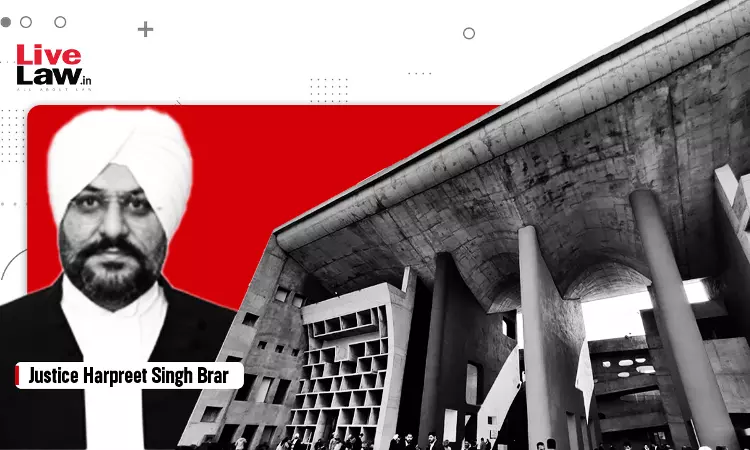The Punjab & Haryana High Court has quashed an FIR lodged for cheating and forgery against an applicant seeking information under the Right To Information (RTI) Act, observing there is no provision under the RTI Act or Rules to file a complaint against an applicant, who sought information. The Court also found there was no evidence to prove the ingredients of the offence.An FIR for...

